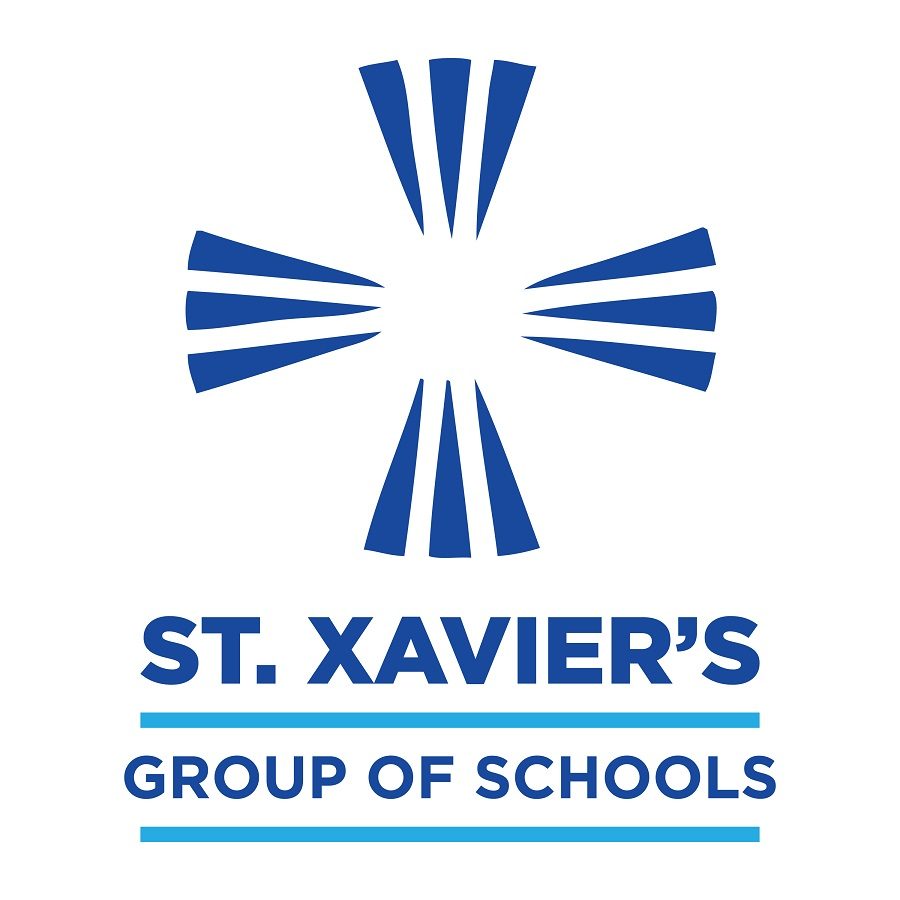This blog explains the role of parent-teacher communication in supporting your child’s growth at the SSC board schools in Virar West.
Every parent wants their child to succeed not just academically, but also emotionally and socially. One way to achieve this is through effective communication between parents and teachers. When parents stay informed about classroom activities, learning progress, and social development, they can offer more effective guidance and support at home.
In many state board schools in Virar West, this collaboration is highly valued. Schools actively encourage parents to engage with teachers, attend meetings, and participate in events. This partnership ensures that children receive consistent support both at school and at home, helping them grow into confident, well-rounded individuals.
Role of Parent-Teacher Communication
Effective parent-teacher communication is more than just meetings or updates; it is a key part of supporting a child’s learning and overall development. Here’s how this partnership makes a real difference:
Supports Academic Growth
Regular communication between parents and teachers ensures that children’s academic progress is closely monitored. Teachers can share insights on strengths, areas needing improvement, and classroom performance. This allows parents to reinforce learning at home, assist with challenging subjects, and celebrate achievements, thereby creating a supportive learning environment.
Early Identification of Challenges
Parent-teacher interaction helps to spot and address issues early, such as academic problems, social challenges, or emotional stress. By working together, parents and teachers can prevent these issues from getting worse, keeping children motivated and confident in their studies.
Emotional Support for the Child
Beyond academics, teachers can provide parents with valuable insights into a child’s behavior, confidence, and interactions with peers. Parents can use this knowledge to encourage positive habits, build resilience, and create a safe and nurturing environment at home, which reinforces emotional well-being.
Consistency in Guidance
When parents and teachers work together, children receive consistent guidance across both school and home. This alignment helps children understand expectations clearly, follow routines effectively, and develop self-discipline, which supports both learning and personal growth.
Building Trust
Strong communication fosters trust between parents, teachers, and students. Children feel secure knowing that their home and school environments work together for their best interests. This trust encourages them to talk openly, making it easier for them to share concerns and ask for help.
Supporting Your Child Beyond the Classroom
Parents can play a crucial role in their child’s growth by complementing what is taught in school. Simple practices at home, such as setting aside dedicated time for reading, reviewing schoolwork, or discussing daily lessons, help children stay engaged and improve their learning outcomes.
Encouraging children to participate in hobbies, sports, or creative activities reinforces their confidence and social skills. Parents can also guide them in managing friendships, resolving conflicts, and expressing emotions in a positive way, thereby building emotional resilience.
Many state board schools in Virar offer resources and suggestions for parents to continue supporting their children’s learning at home. By staying involved, parents help create a consistent and nurturing environment that encourages children to thrive both academically and personally.
Selecting Schools That Encourage Parent Involvement
Choosing the right school plays a crucial role in supporting your child’s growth. Many state board schools in Virar West actively encourage parent-teacher collaboration, which helps children receive consistent academic and emotional support. Here are some key factors to consider when selecting a school:
Look for Active Communication Channels:
Choose schools that provide regular updates on classroom activities, student progress, and upcoming events. This keeps parents informed and engaged.
Check for Parent Engagement Programs:
Schools that organize workshops, interactive sessions, or parent-teacher meetings demonstrate a commitment to collaboration, making it easier for parents to support learning at home.
Observe Consistency in Support:
A school that values parent involvement ensures that guidance, rules, and encouragement are consistent both at home and in the classroom, helping children thrive.
Assess Emotional and Social Support:
Schools that actively partner with parents often provide resources to support children’s emotional well-being and social growth, creating a nurturing environment.
Prioritize Collaboration Culture:
Selecting a school with a collaborative approach allows parents to actively participate in their child’s education, building confidence, resilience, and a positive attitude toward learning.
Building Bridges for Better Learning
Effective parent-teacher communication plays a key role in helping children thrive academically, emotionally, and socially. When parents stay involved and collaborate with teachers, children receive consistent guidance, encouragement, and support that strengthens both learning and personal development.
Choosing schools that prioritize this partnership makes a significant difference. Many SSC board schools in Virar West emphasize regular parent engagement to ensure children grow in a supportive environment. For parents looking for a school that actively promotes collaboration, St. Xavier’s, Virar West is an excellent example, where parent-teacher communication is valued and nurtured to benefit every child’s holistic growth.
Being actively involved in your child’s education strengthens their confidence and curiosity. Together, parents and schools can ensure every child reaches their full potential.
